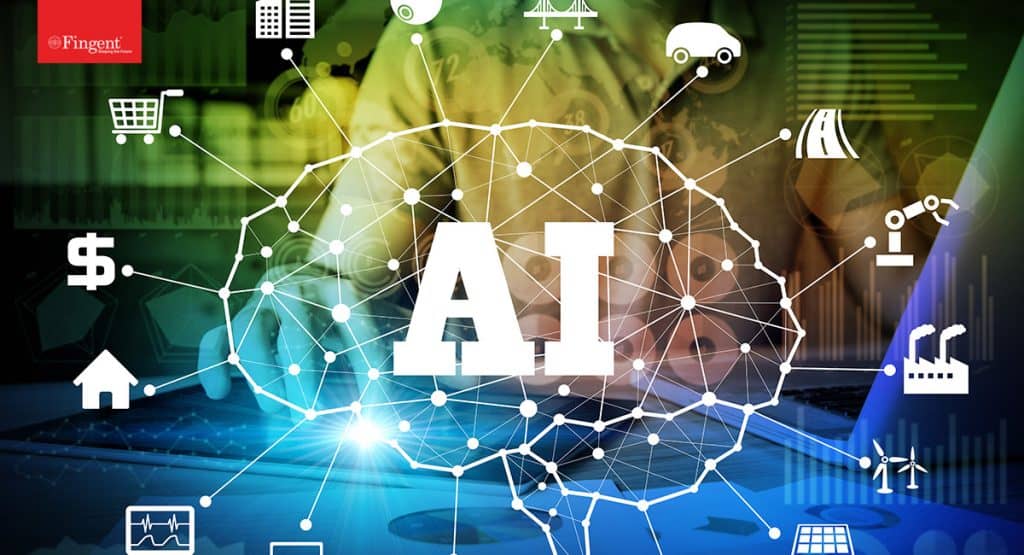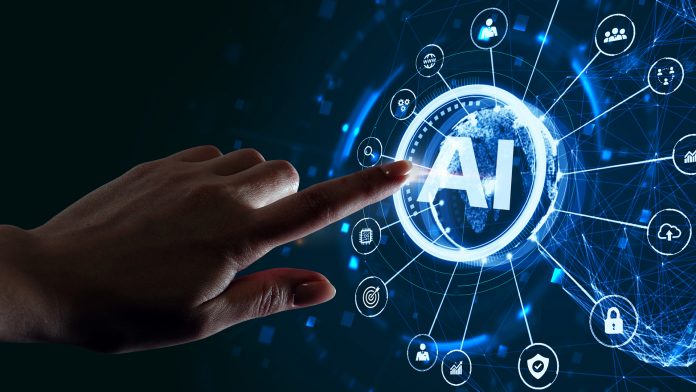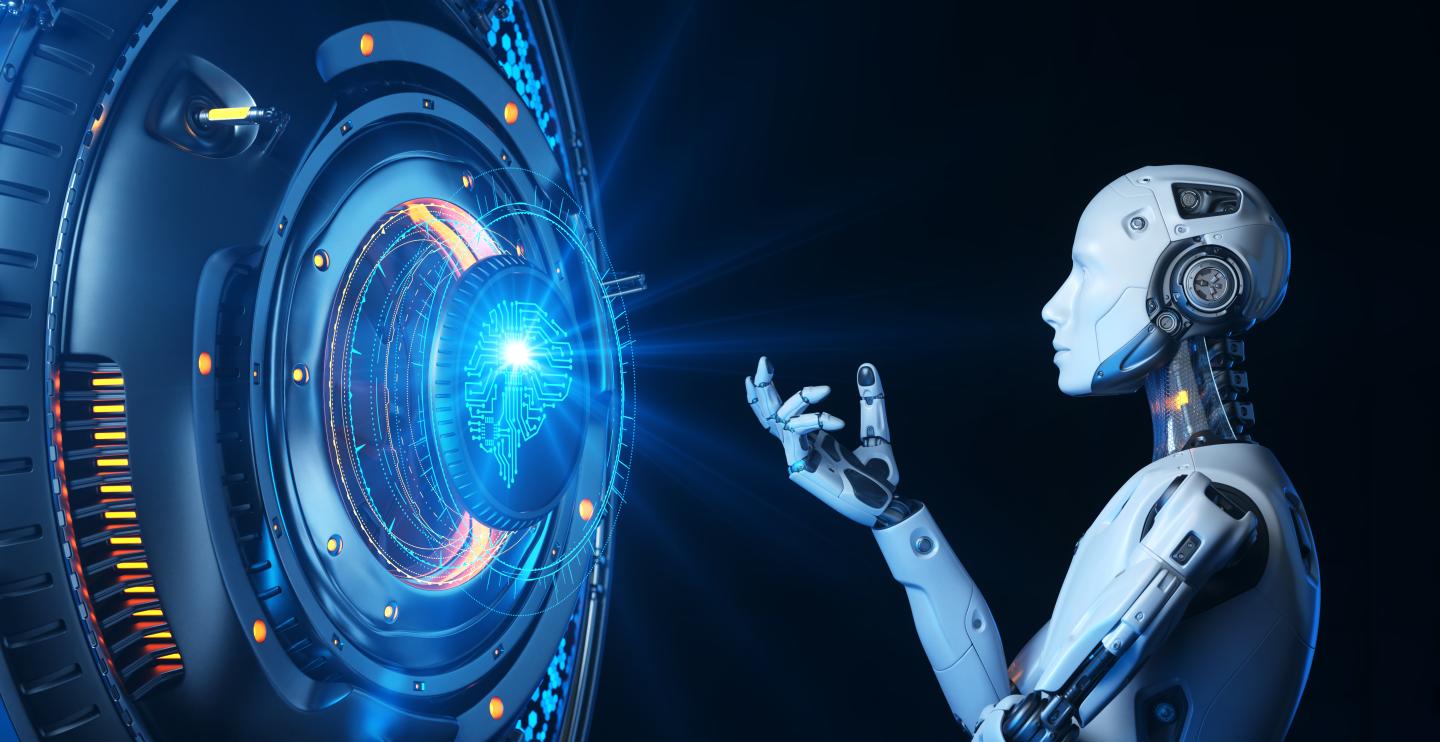The study of creating intelligent computers that can carry out tasks similar to those performed by humans falls under artificial intelligence (AI), a subfield of computer science.
AI has dramatically impacted our lives. It ranges from self-driving cars to smartphone voice assistants, and many other technologies.
Below are 10 importance of artificial intelligence's importance.
1. Automation of Routine Tasks
Automating repetitive work is one of the most important advantages of AI. Numerous jobs need routine, repetitive operations that can readily be automated using AI. This boosts production and efficiency while also saving time. For instance, AI-powered chatbots can respond to client inquiries, freeing customer support agents to concentrate on more complicated issues.
Did you read this?
2. Improved Decision Making
By evaluating enormous amounts of data, AI can assist in helping to make judgments that are more informed and precise. Financial firms, for instance, can utilize AI to examine financial data and spot trends and patterns that can be used to guide investment choices. Similarly, doctors can more precisely detect and treat illnesses by using AI to evaluate medical data.

3. Enhanced Customer Experience
AI-powered chatbots and virtual assistants can improve the customer experience by offering individualized and prompt advice. Also, they can respond to client inquiries, process orders, and advise them about goods and services. In addition to raising customer happiness, this lightens the workload of real people who provide customer support.
4. Improved Safety
In several sectors, like industry and transportation, AI can increase safety. AI is used, for instance, by self-driving cars to assess data from cameras and sensors and make judgments while driving. Similarly, manufacturing facilities can utilize AI to spot possible safety risks and implement preventative actions to avert mishaps.
5. Better Resource Allocation
AI can assist businesses in choosing more effective resource allocation strategies. For example, it can be used to cut waste, maximize supply chain management, and lower prices. This boosts productivity while lowering the organization's carbon footprint.
6. Improved Healthcare
Healthcare, from diagnosis to treatment, may be significantly impacted by AI. AI, for instance, can be used to evaluate medical photos and spot anomalies that the human eye might miss. It can also be used to find patterns in patient data to forecast the propensity for specific diseases. This can aid in developing individualized treatment regimens and more precise diagnoses by medical professionals.

7. Increased Accessibility
AI can increase accessibility to various services and resources, particularly for people with disabilities. For instance, AI-powered voice assistants can help visually impaired individuals navigate their surroundings. Again, AI-powered language translation software can help people communicate with others who speak a different language.
8. Improved Efficiency in Agriculture
AI can help farmers increase crop yield and reduce waste by providing real-time information about soil conditions, weather patterns, and crop health. This information can be used to optimize irrigation, fertilization, and pest control, leading to more efficient and sustainable farming practices.
9. Enhanced Security
AI can help improve security by analyzing data from various sources, such as surveillance cameras and social media, to identify potential threats. It can also be used to monitor network traffic and identify cyber-attacks. This not only improves security but also helps prevent crime and terrorism.

10. Innovation
Last but not least, AI can spur innovation by making it possible to create new goods and services that were previously impractical. Self-driving cars, for instance, have the potential to alter the transportation sector, while AI-powered virtual assistants have completely changed how we engage with technology. We may anticipate more innovations that will influence our future as AI develops.












